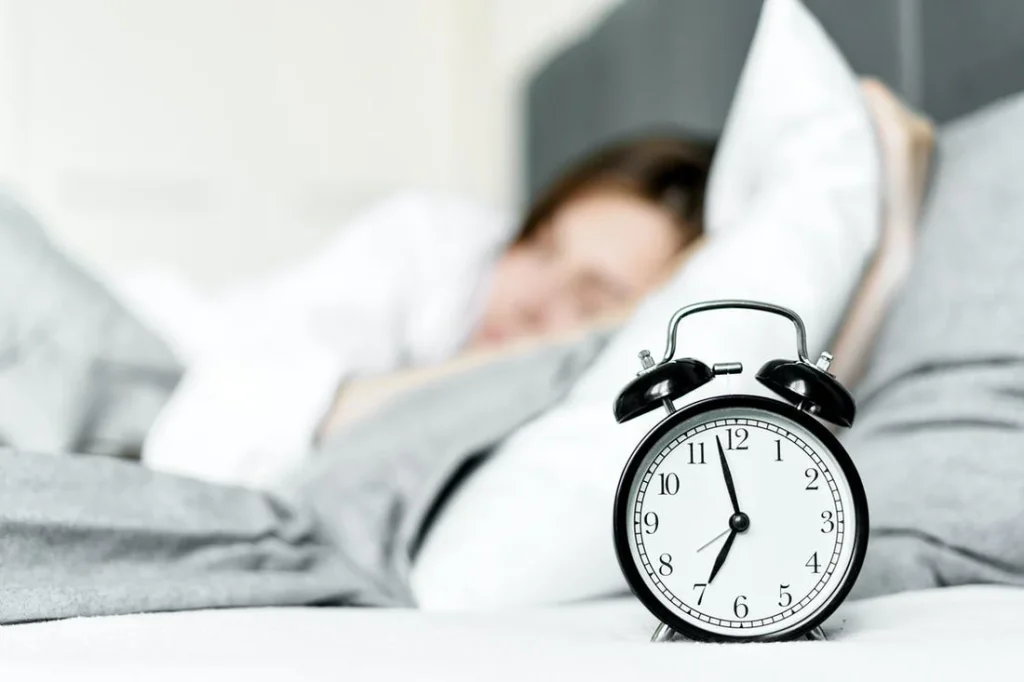In today’s fast-paced world, many people struggle to get enough restful sleep. Whether it’s due to stress, screen time, irregular schedules, or lifestyle habits, poor sleep can affect your mood, productivity, and overall health. While there are medications and supplements available, improving your sleep doesn’t always require a trip to the pharmacy. By making simple lifestyle and environment changes, you can enhance your sleep quality naturally. Here are some effective tips to help you get better sleep without relying on pills.
1. Maintain a Consistent Sleep Schedule

Your body has an internal clock, known as the circadian rhythm, which helps regulate sleep and wake cycles. Going to bed and waking up at the same time every day—even on weekends—can help your body get into a natural rhythm. This consistency makes it easier to fall asleep and wake up feeling refreshed. Try to set a bedtime that allows you to get 7–9 hours of sleep and stick to it as much as possible.
Tip: If you need to adjust your sleep schedule, do it gradually—by 15–30 minutes per day—so your body can adapt smoothly.
2. Create a Relaxing Bedtime Routine
A calming bedtime routine signals your body that it’s time to wind down. Avoid stimulating activities like watching intense shows, scrolling through social media, or working late. Instead, try activities that help you relax, such as:
- Reading a physical book
- Taking a warm bath or shower
- Practicing gentle yoga or stretching
- Listening to soft music or guided meditation
By repeating this routine each night, your body will associate these activities with sleep, making it easier to fall asleep naturally.
3. Limit Exposure to Screens Before Bed
Smartphones, tablets, and computers emit blue light, which can suppress the production of melatonin—the hormone that regulates sleep. This can delay your ability to fall asleep and disrupt your circadian rhythm.
To minimize the effects:
- Turn off screens at least 30–60 minutes before bedtime.
- Use “night mode” or blue light filters in the evening.
- Keep electronic devices out of the bedroom to reduce temptation.
This small change can make a big difference in how quickly you fall asleep and how rested you feel the next day.
4. Optimize Your Sleep Environment

Your bedroom should be a sleep-friendly sanctuary. Factors like light, noise, and temperature can significantly affect your sleep quality. Here’s how to create the ideal sleep environment:
- Keep it cool: A temperature between 18–22°C (65–72°F) is generally best for sleep.
- Darken the room: Use blackout curtains or a sleep mask to block out light.
- Reduce noise: Use earplugs, white noise machines, or calming nature sounds if necessary.
- Invest in comfort: A supportive mattress and cozy bedding can make a noticeable difference.
A peaceful, comfortable environment helps your body relax and prepares your mind for rest.
5. Watch What You Eat and Drink
Your evening diet can have a direct impact on your sleep. Heavy meals, caffeine, and alcohol can all interfere with sleep quality.
- Avoid caffeine at least 6 hours before bedtime. This includes coffee, tea, chocolate, and some sodas.
- Limit alcohol intake close to bedtime. While it may make you drowsy initially, it can disrupt your sleep cycle later in the night.
- Avoid large meals late at night, as they can cause discomfort and indigestion.
- If you’re hungry before bed, choose a light, sleep-friendly snack like a banana, yogurt, or a small handful of nuts.
6. Get Regular Daytime Exercise

Physical activity during the day can help you fall asleep faster and enjoy deeper sleep. Exercise reduces stress and helps regulate your body’s natural sleep-wake cycle.
Best practices:
- Aim for at least 30 minutes of moderate exercise most days of the week.
- Avoid intense workouts too close to bedtime, as they may leave you feeling energized rather than sleepy.
- Activities like walking, cycling, or yoga can be especially beneficial.
7. Manage Stress and Clear Your Mind
Stress and racing thoughts are common culprits of sleepless nights. To calm your mind, try:
- Meditation or deep breathing before bed
- Journaling to release worries onto paper
- Progressive muscle relaxation to ease physical tension
Even a few minutes of mindfulness can help you let go of the day’s worries and prepare mentally for rest.
8. Get Sunlight Exposure During the Day
Natural light exposure during the day helps regulate your circadian rhythm. Aim to spend some time outdoors in natural sunlight, especially in the morning. This strengthens your body’s internal clock, making it easier to fall asleep at night and wake up feeling refreshed.
Final Thoughts
Better sleep doesn’t happen overnight, but small, consistent changes can lead to big improvements over time. By establishing a steady routine, creating a peaceful sleep environment, and adopting healthy lifestyle habits, you can enjoy deeper, more restorative sleep—naturally.
A good night’s rest is not just a luxury; it’s essential for your mental, emotional, and physical well-being. Start implementing these tips today, and your future self will thank you with brighter mornings and more energized days.

